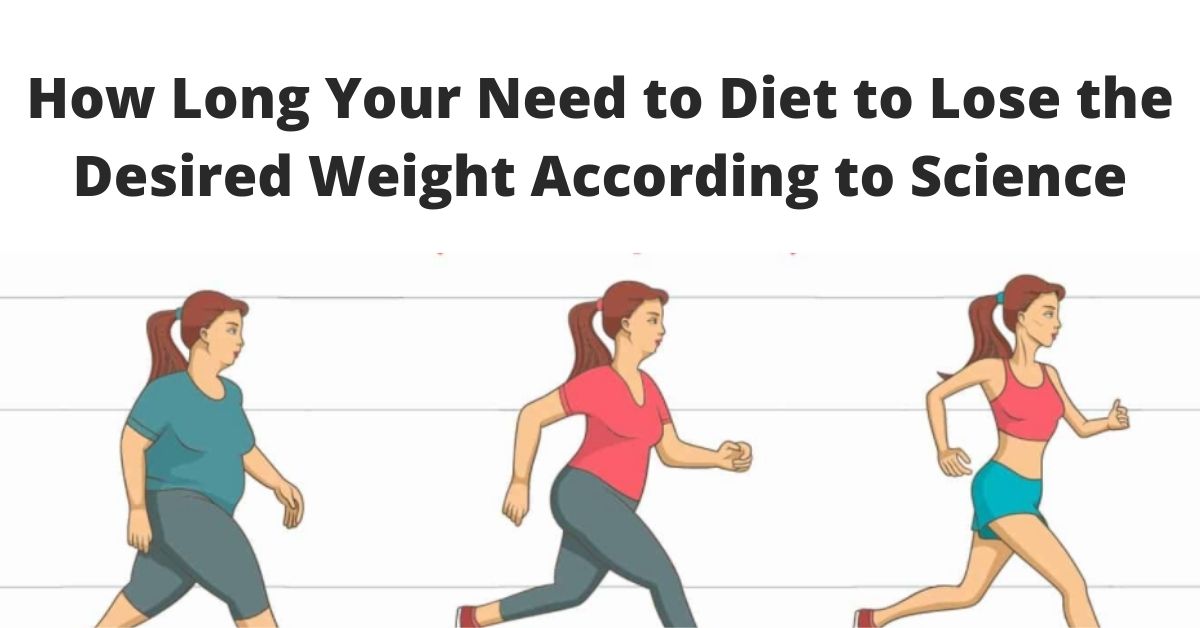When it comes to losing weight and getting in shape, we all know that it can be a bit difficult sometimes. There are millions, maybe even billions, of people around the world who are trying to shed some extra pounds and get the desired body weight. About half of them, or maybe even more, are unsuccessful, and give up without even trying harder. Some turn to diets, other take up exercise and there are those who try all kinds of pills, medications and teas for an easier approach. But whatever they try, many don’t even start losing weight before they give up and go back to their old habits. What’s even more tragic is that many of the people who even do succeed in losing the weight, end up getting in back faster than they’ve lost it.
What many people fail to understand is that losing weight and keeping it off is a complicated process, it takes time, dedication, discipline and knowledge. And it takes a lot of patience. You shouldn’t rush it because you can become discouraged quite quickly and give up before you even see any results.
You need to take a strategic approach to losing weight and figure out which type of diet is the best for you, determine the best exercise routine and then stick to it.
Types of Diet
We all know that there are countless types of diets out there and they all have one thing in common, they’re calorie restrictive in some way. However, that’s pretty much the only thing they have in common. Here’s a few of the most popular diets, how they work and their effectiveness.
1. Low-carb diets
This is probably the most popular diet out there and many people use it to reduce their carb intake and thus stimulate weight loss. That’s this diet’s main goal, to make you consume less carbs and thus stimulate the body to burn fat for energy and not carbs.
According to studies, a diet that relies on carb restrictions is effective in helping you lose weight, especially if you’re overweight. If there are less carbs in your body to supply the glucose we need for energy, your body will start turning the stored fat into ketones, which will give you the energy fuel you need. It’s also good because it helps with reducing your hunger and it’s good for your health.
However, people who suffer from type 1 diabetes or breastfeeding women should talk to their doctor before taking up this eating regimen.
2. Paleo diet
Paleo diets are focused on eliminating certain foods from your diet and eating only specific foods that are paleo-friendly. These are usually the foods like fresh produce, whole foods and proteins.
According to studies, this diet can help you lose weight in addition to lowering your risk for heart diseases. It can have a positive effect on both your health and waist line as long as you eat foods that will make up for the loss of other food groups that you’re not consuming, like dairy.
3. Dukan diet
This was a very popular diet at some point and all the celebrities were on it. It’s similar to low-carb diets and it revolves around carb restriction and eating foods high in protein. You need to consume oat bran and other high-protein foods during the weight loss phase and non-starchy vegetables during the maintenance phase.
According to some studies, the Dukan diet can have quite positive results when it comes to weight loss. But it’s quite calorie restrictive, which means it can lead to muscle loss in addition to the fat loss.
4. Vegan diet
As the title suggests, this diet regimen revolves around eating just plant products and eliminating all animal products. It’s quite the life change but it has been proven to give excellent results in weight loss, mainly because the foods you can eat are low in calories but make you feel full for longer. Many who follow this diet don’t even count the calories.
But keep in mind that it’s not a diet that gives fast results. You will lose weight but over a longer period of time, so if you want fast results it may not be right for you.
5. Intermittent fasting
Again, as the title suggests, this diet revolves around the idea of eating a certain amount of calories at certain times of the day or night, while fasting completely over the course of the other hours.
You can choose from a plethora of intermittent fasting intervals and according to studies it really works when it comes to weight loss. The idea is that you eat for example from 7 AM until 7PM and then drink only water from 7PM until 7Am the next day. But if you’re thinking about taking up this regimen it’s best to consult with a doctor, as it is a big change in dietary habits.
Whatever diet you choose, if you pair it with a healthy exercise and be patient, the results will be inevitable. Don’t expect results over night, stick to your routine, be persistent and believe in yourself. You can achieve anything you set your mind to.

